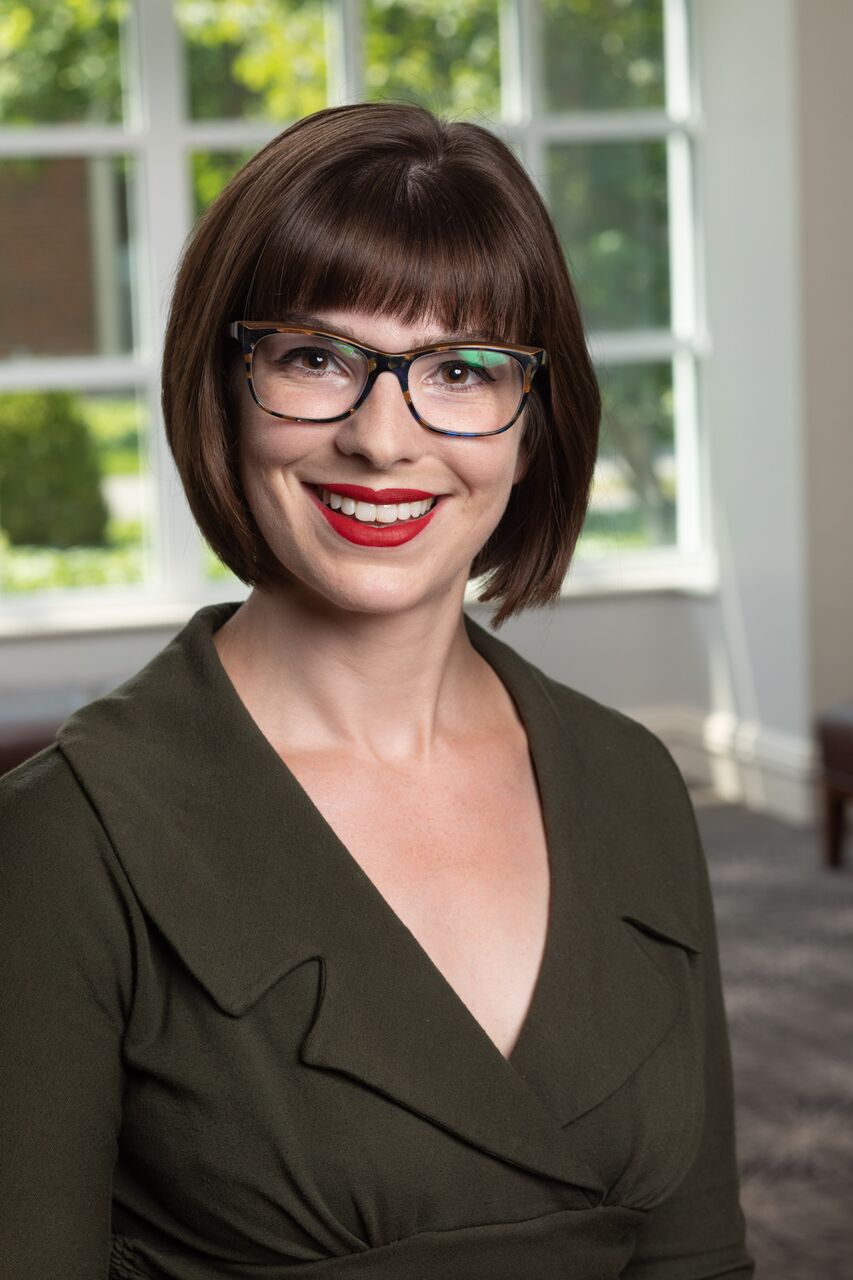You have /5 articles left.
Sign up for a free account or log in.
Kaitlin Dumont and I have been close colleagues and friends for the past two years. In her role as an associate director of business leadership programs at the Tuck School of Business at Dartmouth College, Kaitlin and I collaborated on several new online learning programs and initiatives.
At the start of 2022, Kaitlin made the big move to take on a new role at Kaplan as director of university partners. Kaitlin graciously agreed to answer my questions about her new gig.
Q: Before we talk about your new job, I think it would make sense if you could help us understand what Kaplan is up to. When I think of Kaplan, I think first of Purdue acquiring Kaplan University back in 2017. What is Kaplan doing now in the online learning space?
A: At Tuck and even before Tuck, at HBS, I feel like I met with every university partner under the sun—from newer ed-tech OPMs like Emeritus to massive platforms like Coursera, and pretty much everything in between. However, with Kaplan, there was something that felt very different, and exciting. There’s a very real sense of transparency and flexibility with a broad range of capabilities.
It might be that they have a storied 80-year history, starting with Stanley Kaplan tutoring students in his basement in Brooklyn who otherwise wouldn’t have that access to education, or that they now are the largest subsidiary of Graham Holdings (Don Graham, the current chairman, is the son of Katharine Graham, who you may remember was portrayed by Meryl Streep in Steven Spielberg’s The Post), or perhaps it’s because when I asked about the competitive landscape for Kaplan, the response was, “Well, for which offering?”
Sure, there are competitors, but not a single company that can do it all and serve as a true multipurpose strategic partner in higher ed. Kaplan’s main challenge will be how it tells its brand story (and having worked with Kevin Lane Keller, the guru of strategic brand management, I may know a thing or two!).
This strategic partnership approach goes hand in hand with Kaplan’s audacious mission to build a better talent pipeline for the world. This is evidenced by its innovative full-stack approach to managed services that supports numerous institutions (including Purdue) and has launched over 100 degree and nondegree programs with university partners since 2020, as well as a portfolio of offerings that support the learning journey from high school through postgraduate professionals.
These offerings include Prelum, which gives high school students access to college and career exploration in a fully online setting; Career Core, which uses a shared-services model to engage students in career exploration and preparedness, leveraging a network of active professionals and coaches (side note, I was at a loss for how networking effects could be used in the higher ed sector—and Kaplan figured it out!); Credegree, which allows students to earn a degree and an industry-recognized credential at the same time (think English major with a cybersecurity credential); and project-based boot camps incorporating individualized coaching, which allow for reskilling and upskilling to prepare today’s labor force for the jobs of tomorrow. The team is also constantly innovating new ways to give learners and institutions a true edge in education.
Q: Tell us about your new role as director of university partners. What are the big goals of the job, and what will you be doing on a day-to-day basis?
A: At the macro level, as director of university partners, I will be working with innovative university presidents and provosts and their leadership teams on how to revolutionize higher ed through Kaplan’s portfolio of leading-edge programs and solutions in an approach of true partnership.
This is something I’m no stranger to through my work in executive education in business schools on the corporate side, where I worked with leading companies in a true partnership approach on how to make their learning and development strategy more effective. What I’ve learned is that it all comes down to listening—to all constituents inside and outside of the sector, and having an unrelenting innovation mind-set—if there isn’t currently a solution: let’s work together to invent it!
Q: In your career, you have enjoyed steadily more responsibilities and authority first at Harvard Business School and then at the Tuck School of Business at Dartmouth. Given how well your career was going within nonprofit higher education, why did you decide at this point to join a for-profit education company? Where does this move fit into your long-term career goals?
A: I wanted to scale my impact. I’ve had the pleasure and the privilege of working with two of what I would argue are the best institutions in the world. Both Tuck and HBS are doing amazing work and influencing the lives of hundreds of individuals. However, I wanted to not just affect the lives of a handful of learners, but influence change in the higher ed sector as a whole.
Kaplan is not only aligned with my personal values but will give me the platform to do just that. I recently finished reading Winning the Right Game: How to Disrupt, Defend and Deliver in a Changing World by Professor Ron Adner at the Tuck School of Business, and he discusses how the future of ecosystem innovation is not just within one industry or sector, but how do you think about a broad range of partners and align them across the ecosystem—that’s what I want to do, and Kaplan will allow me to do that important work.




